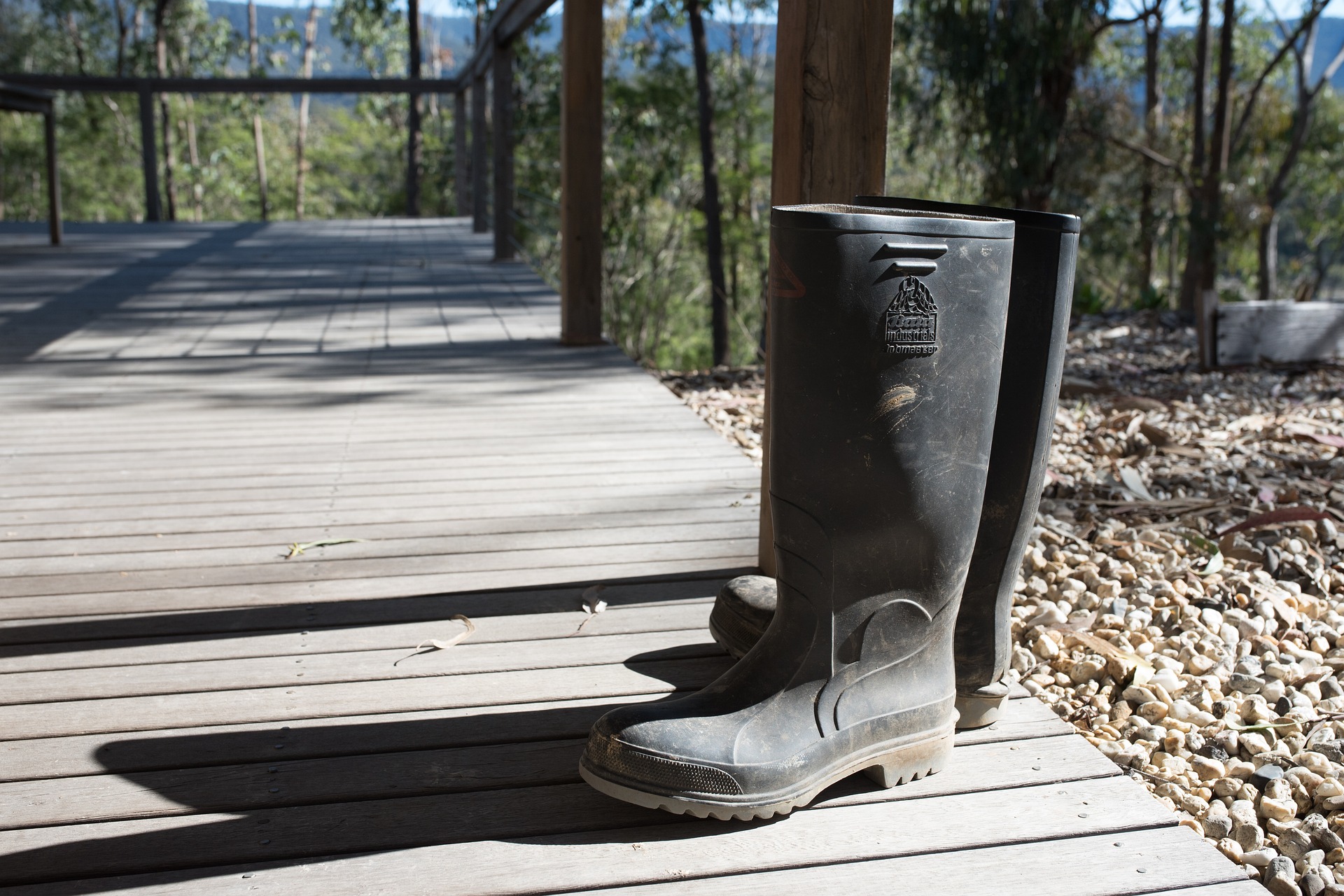News release
From:
Our pilot study described six people who reported post-leptospirosis symptoms (PLS). We used face-to-face, semi-structured interviews to capture their experiences and to gain understanding of the impact and burden of PLS. The participants were male, had been employed in slaughter plants (n=2) or farming (n=4) when they first contracted leptospirosis and claimed to have been suffering from PLS for 1–35 years. Symptoms included exhaustion, brain fog and mood swings, and participants’ lifestyles and relationships were severely affected. Leptospirosis may have severe long-term consequences for patients, their families, and their communities.



 New Zealand
New Zealand


